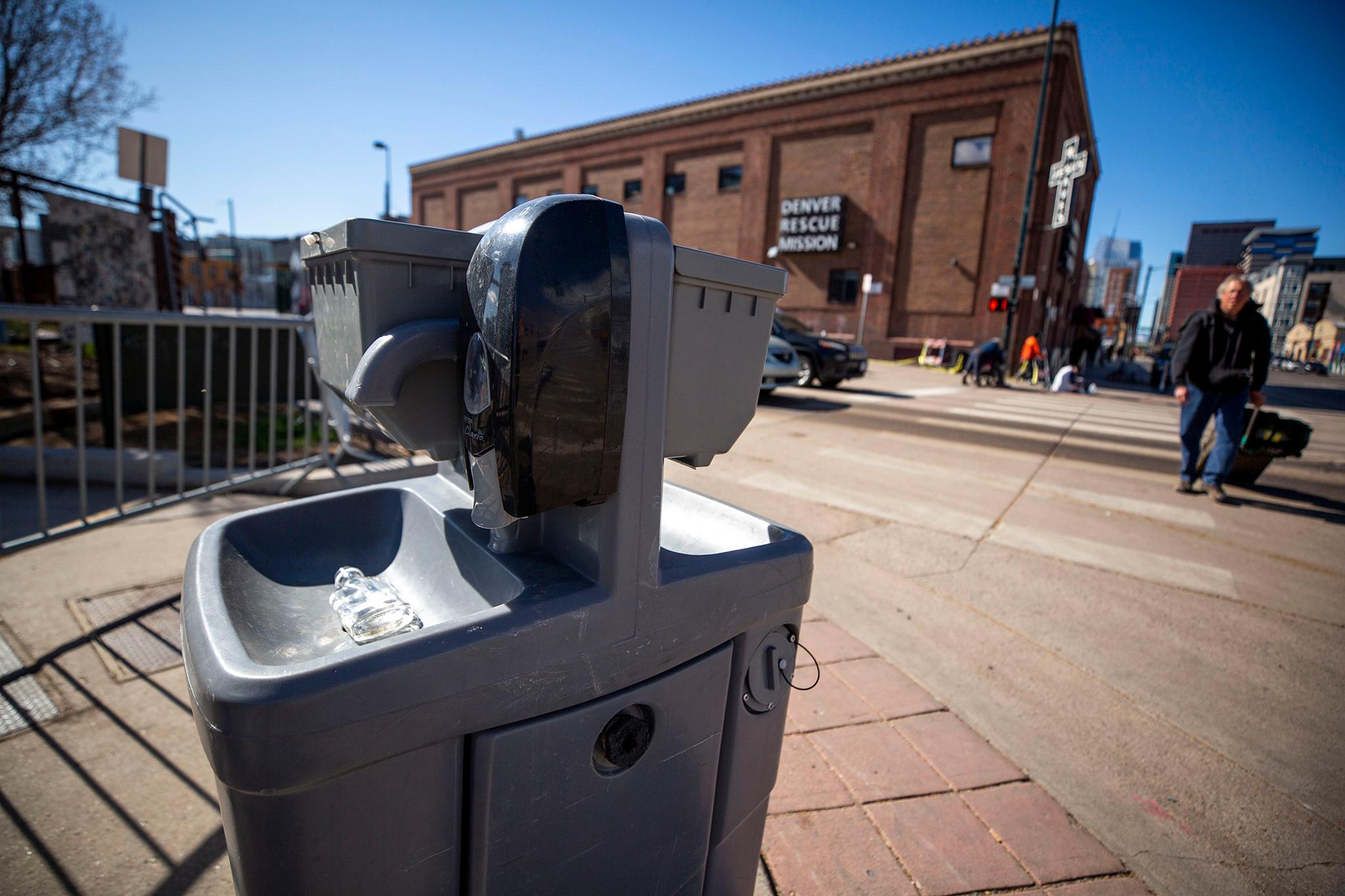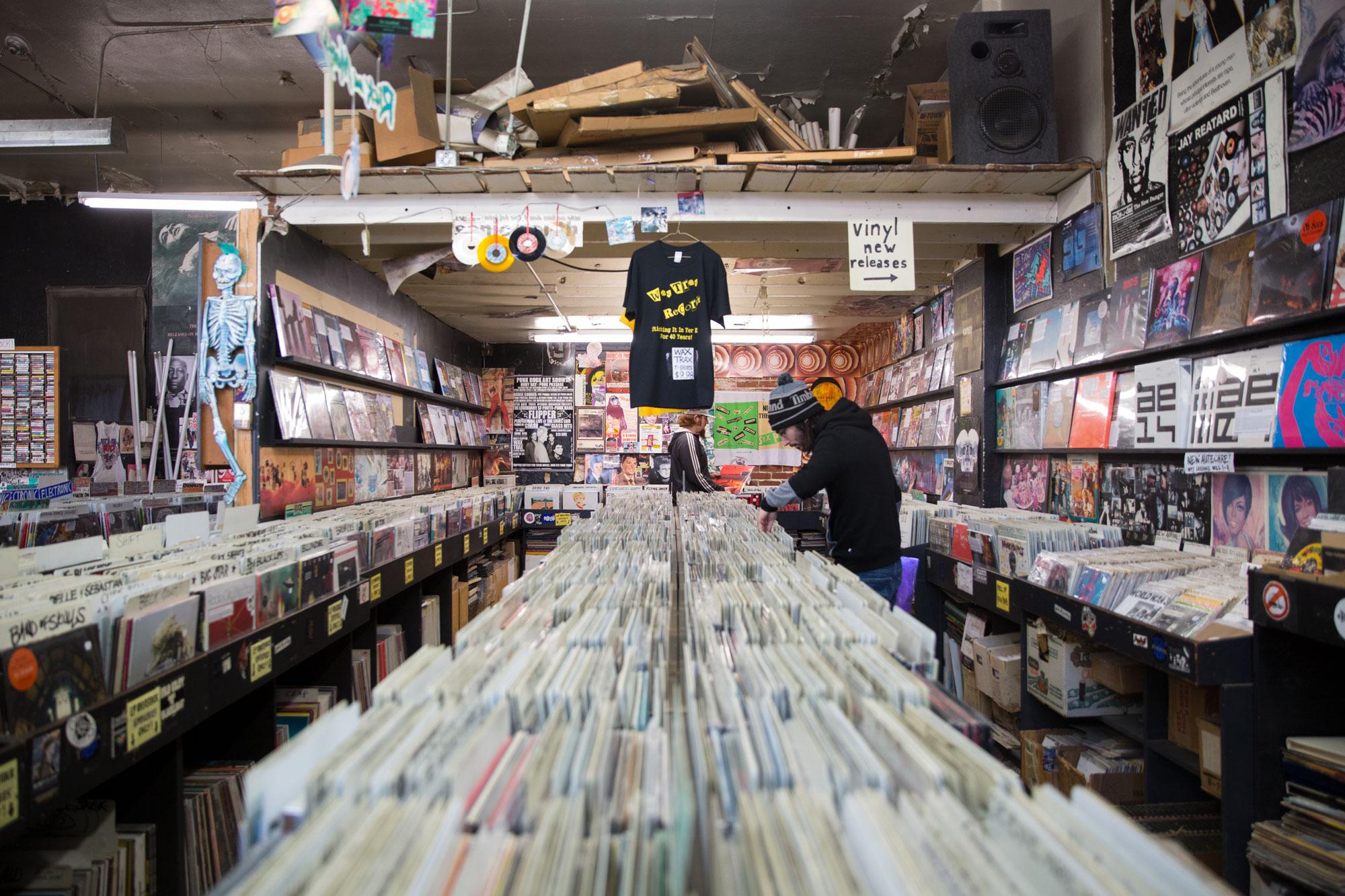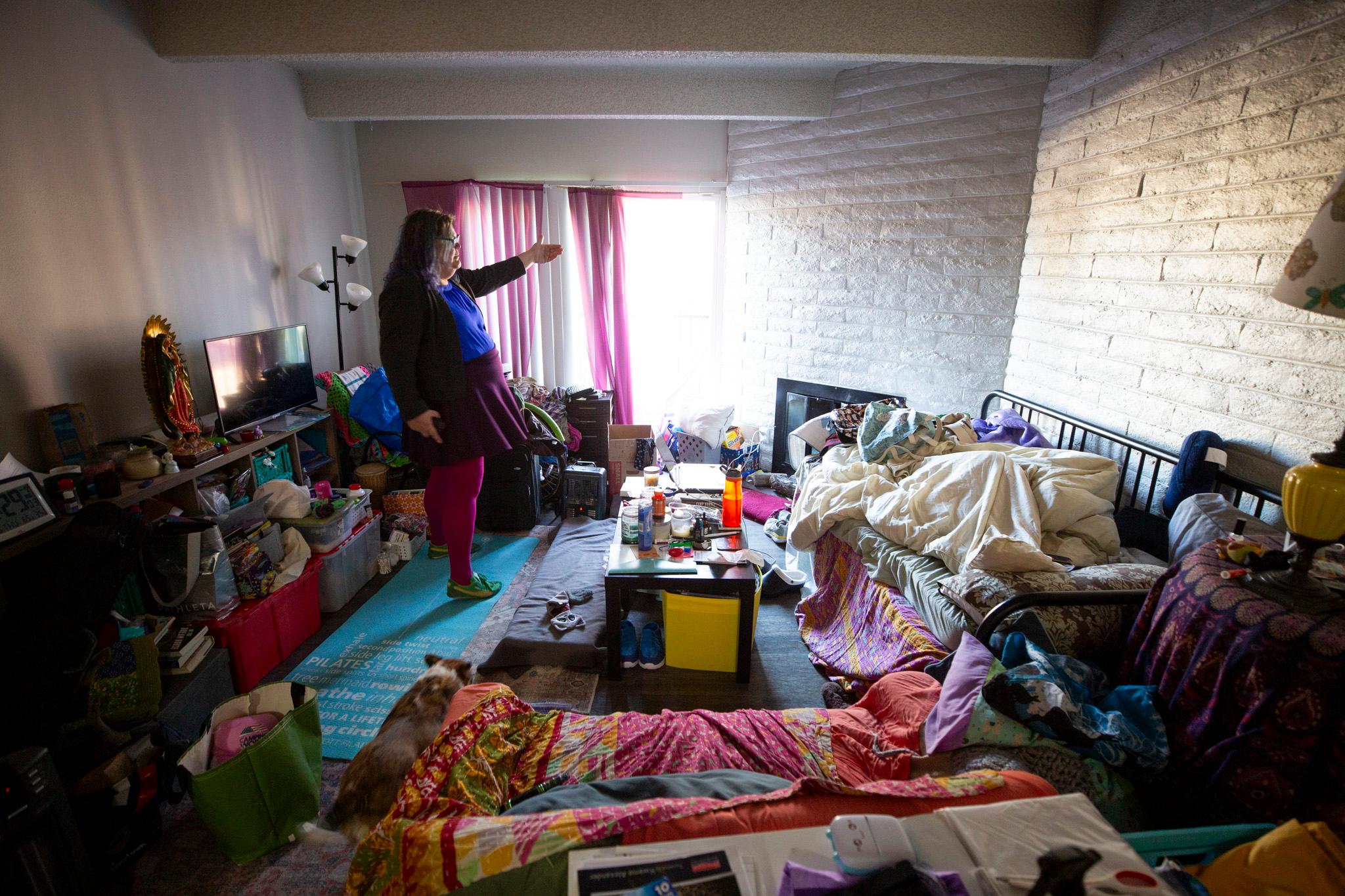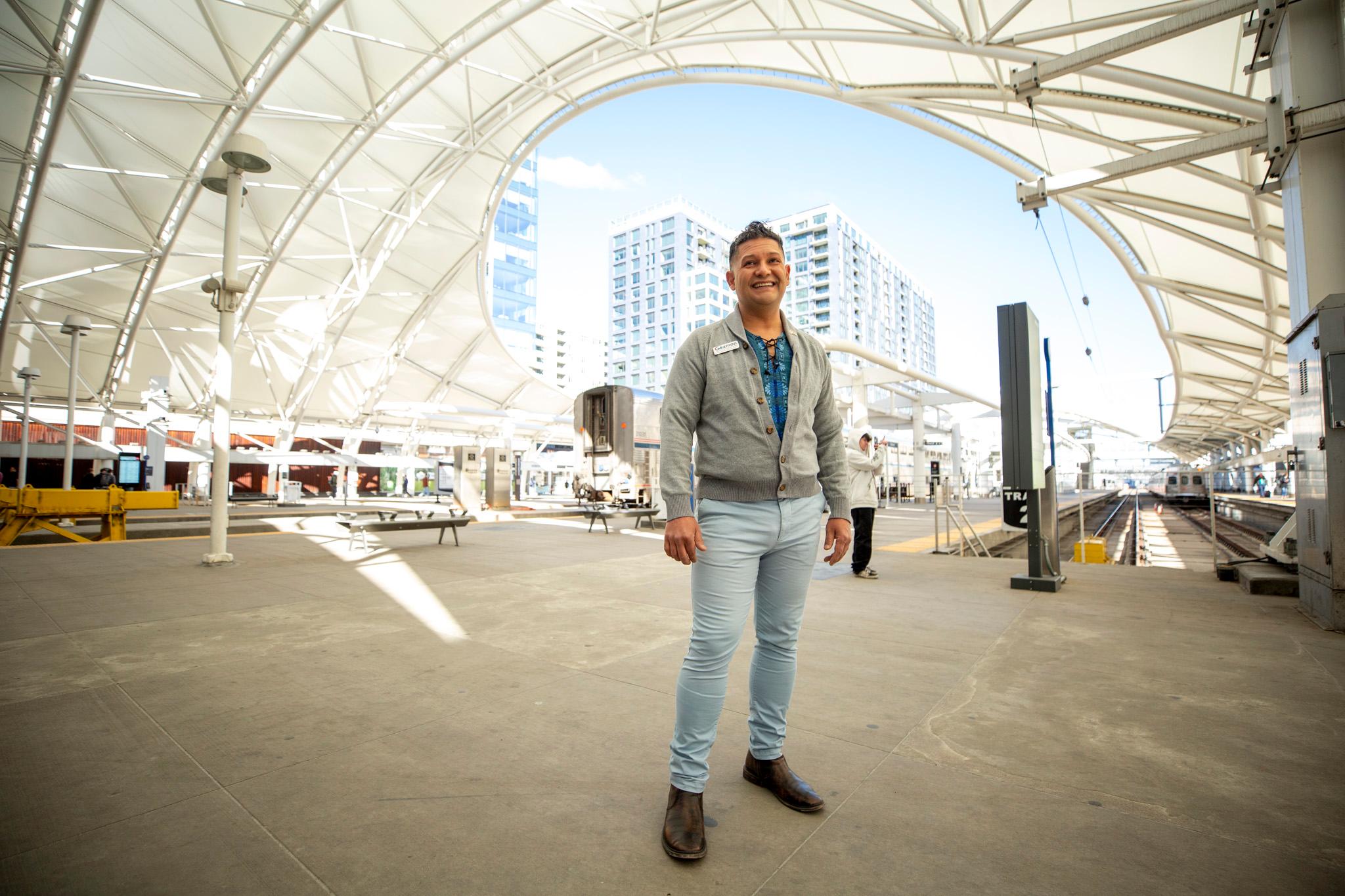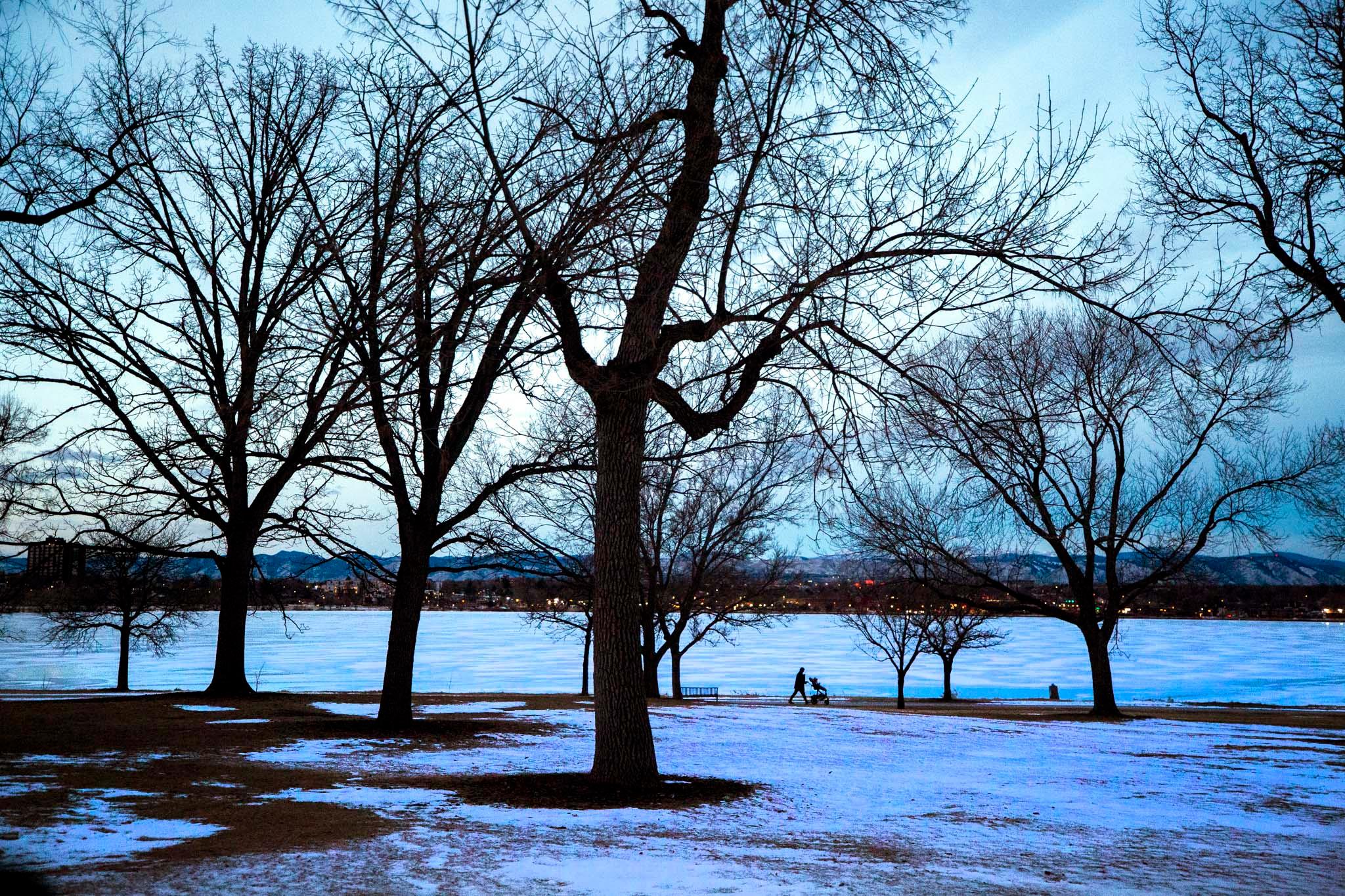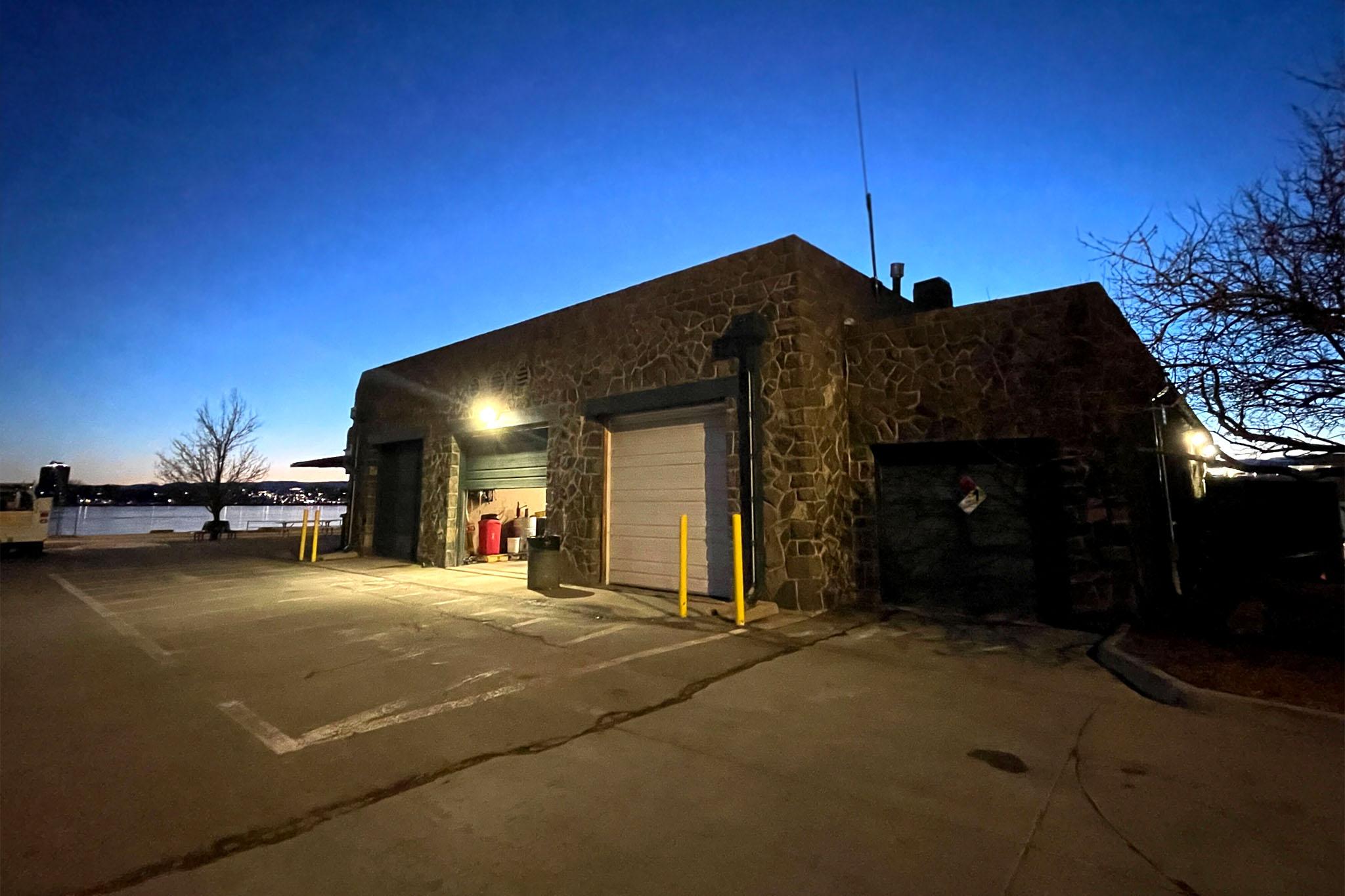City and state lawmakers representing Denver are calling on Gov. Jared Polis to send in the National Guard to help set up one large shelter in Denver where people experiencing homelessness can stay during the coronavirus outbreak.
In a letter sent to the governor over the weekend, the lawmakers also asked Polis to help persuade hotel operators to rent rooms to the most vulnerable people experiencing homelessness so they can shelter during this public health crisis. The letter also called for expanding coronavirus testing among people experiencing homelessness and making homelessness service providers a priority when it comes to distributing gloves, masks and other equipment to keep them safe.
"We are reaching the limit of what we as a city can do on our own," Robin Kniech, an at-large member of the Denver City Council, told reporters Monday.
The city has said it was working to meet a request from shelter providers to create one large facility open 24 hours a day, seven days a week where people experiencing homelessness would be able to maintain the social distancing that health experts say is needed to slow the spread of the coronavirus, help shelter providers cope with a staffing crisis by bringing workers from different organizations to one place, and improve access to medical care. It is not yet clear when such a facility would open or where it would be located.
Brad Meuli, president and CEO of the Denver Rescue Mission, said observing social distancing rules would require halving the number of people -- now about 1,000 -- who could sleep at his shelters.
"The most vulnerable, the poor, the homeless aren't able to social distance," Meuli.
The stress of being on the streets and high rates of diabetes and of heart and respiratory illnesses among people experiencing homelessness means they could be especially hard hit by COVID-19.
"Every day I send men and women, our staff, into the fire with no social distancing, no PPE," Meuli said, using the abbreviation for personal protective equipment such as gloves and masks.
Nonprofits have worked with the city to get unhoused people who are awaiting coronavirus tests into about 100 hotel rooms, which city officials call respite rooms, where people can also stay while recovering. Many more rooms are needed, city and nonprofit officials say.
In an open letter sent Monday to Denver hotel and motel owners and operators, Mayor Michael Hancock said the city "desperately needs your help."
In his letter, Hancock said 3,300 rooms were needed "to meet the anticipated need among people experiencing homelessness and the needs of our local hospitals in the weeks ahead."
He said he had also personally appealed to hotel industry leaders and noted that with the economic slowdown because of the coronavirus, hotels have been shuttered.
"I realize there are many hurdles - insurance, staffing, house rules, food service and more - that must be overcome," Hancock wrote. "My staff has been instructed to work quickly and creatively to help overcome any and all barriers. I implore you to consider, or reconsider, your involvement in this humanitarian mission while your properties sit underutilized at best or entirely empty at worst."
He asked the hoteliers to contact the city's Division of Real Estate.
Denver city officials have added facilities for people experiencing homelessness since the coronavirus outbreak began, even as service providers have experienced more crowding. Part of the effort to reduce people-to-people contact to control the coronavirus has included closing libraries and recreation centers where some people experiencing homelessness had been able to rest and use bathrooms and showers.
Sen. Julie Gonzales, who represents northwest and downtown Denver at the Capitol, initiated the letter sent over the weekend that was signed by two dozen local and state lawmakers. She said Polis's office acknowledged the letter but had not formally responded.
Gonzales said she drafted the letter in collaboration with the Colorado Coalition for the Homeless. The senator -- who joined Kniech, service providers and others on a conference call with reporters on Monday -said the governor, lawmakers and citizens all faced "an opportunity to step up and do better."
In her letter, Gonzales said hotel and motel operators had been reluctant to provide respite rooms. John Parvensky, president and CEO of the Colorado Coalition for the Homeless, said operators had in some cases been willing to rent rooms, but not to provide housekeeping and maintenance services. Cathy Alderman, the coalition's vice president of communications and public policy, said some of the operators also were seeking assurances they would be compensated for possible damage to their property,
Gonzales told Denverite on Sunday that she understood "the anxieties and fears that hotel owners might be having. But I need them to step up."
"This is not about anybody trying to cast blame," Gonzales added. "This is us calling on each other to do better."
In an email Monday, city spokesman Michael Strott did not answer a question about whether the city has found it difficult to persuade hotel operators to rent rooms. Instead, he said: "While we have secured more than 100 respite rooms - and are working on securing many more - this is a complex and time-consuming process. We appreciate the letter of support from Sen. Gonzales and all of the other state and local leaders. This truly requires everyone's active involvement."
"The city, and more importantly, our partners who operate the shelters as well as the Colorado Coalition for the Homeless would welcome any assistance at existing day and overnight shelters and any new facilities we may stand up," Strott said,
He said the city currently has 119 respite rooms and was working to secure more. He said 93 of the rooms were currently occupied, and seven occupants have tested positive for COVID-19.
State Rep. Leslie Herod, who signed Gonzales's letter, said Monday that while the governor had not yet responded to the request for National Guard help in setting up a consolidated shelter, the state had issued permission for National Guard members to help at existing shelters.
St. Francis Center Executive Director Tom Luehrs said National Guard help would be welcome at his organization's day shelter at 2323 Curtis Street in Five Points. Luehrs said volunteers had been asked not to come for their own safety, leaving him without about a dozen people who had been helping out every day.
"The National Guard is what we need now," Luehrs said. "We don't have enough volunteers or staff."
He said that before the coronavirus outbreak, about 800 people came daily to the day shelter. Since the outbreak, the number have grown to 1,000. A nearby business, Asterisk Denver, recently began allowing St. Francis to use its event center, easing the crowing in the day shelter.
Parvensky, of the Colorado Coalition for the Homeless, said steps were needed to ensure that members of the National Guard weren't just being sent into places where social distancing could not be observed. Parvensky said the letter Gonzales sent to Polis outlined "a comprehensive strategy that all of us has come up with over the past two weeks."
Councilwoman Kniech noted that people from neighboring counties also rely on Denver's shelter services, the most comprehensive in the state. According to the latest point in time survey, nearly 4,000 people -- nearly half the state's total -- are experiencing homelessness in Denver on any given night.
In a statement Monday, the nonprofit Mile High Behavioral Healthcare said it would lead operations and staffing at a 120-room hotel in neighboring Aurora that, starting Wednesday, will house individuals who are experiencing homelessness and have been diagnosed with COVID-19 or who may have been exposed to people with the disease. The hotel has been leased by the city of Aurora. On any given night, about 400 people are experiencing homelessness in Aurora, according to point in time figures for 2019.
Mile High Behavioral Healthcare offers three shelter services, including the Aurora Day Resource Center. Mile High Behavioral Healthcare said two large tents at the Aurora Day Resource Center are providing additional space to allow for social distancing and a place to rest for people who have been told by health care providers to stay away from others but do not need to be hospitalized.

